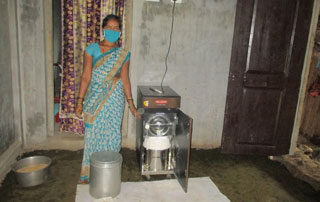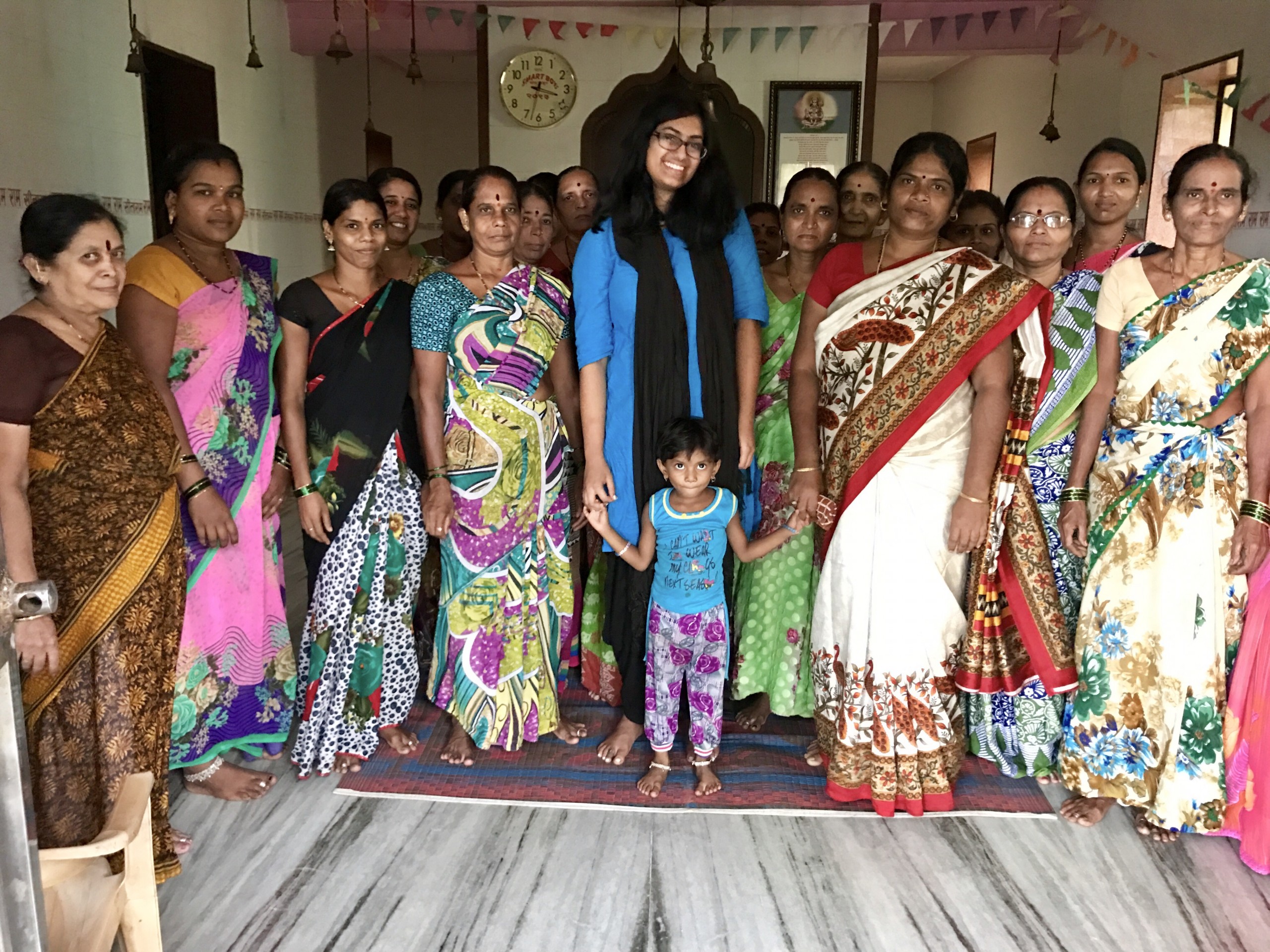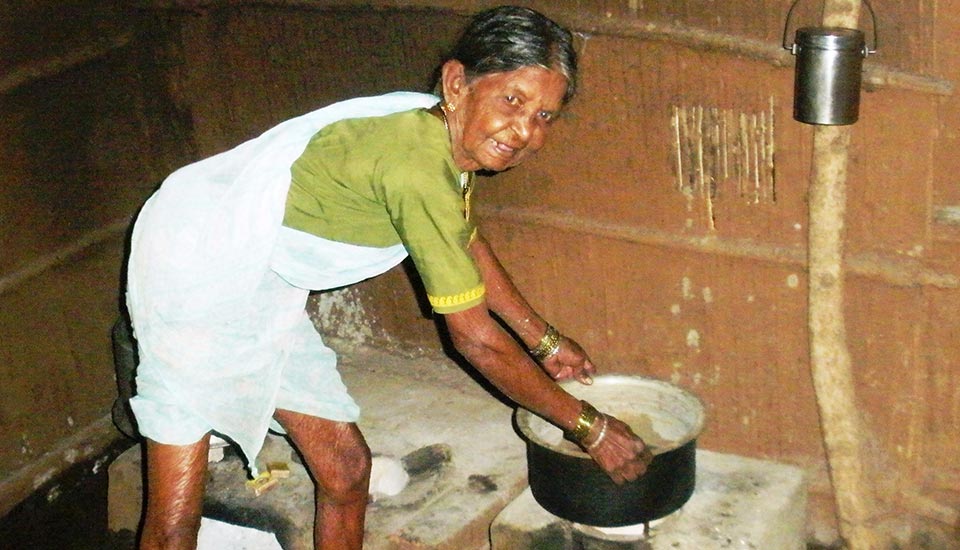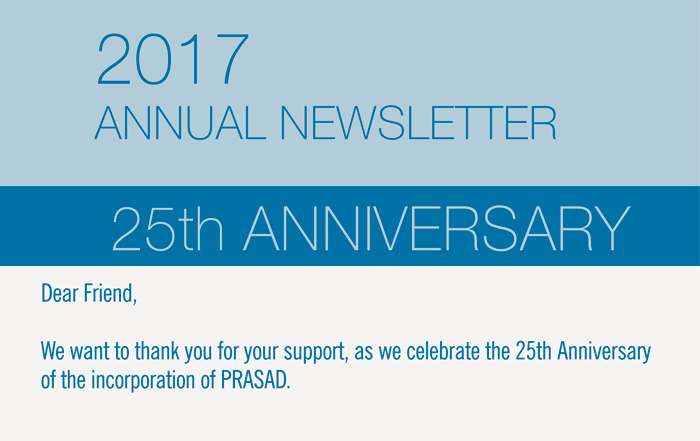
Dear Friend,
I hope you and your family are well.
Nearly one-quarter of India’s population lives below the poverty line, and up to a half-billion are employed in the informal sector, including most of India’s female workforce. The sector includes neighborhood grocery and snack shops, micro-entrepreneurs and farmers, who all go out of their way to serve many community needs. Getting by on meager daily earnings, informal workers are central to the health of the economy and communities.
The pandemic has forced many informal businesses, mostly single operators that exist on slim margins to close. Further, public relief is woefully inadequate and is not reaching many of those most in need, like working women. This inspiring story shows the potential of empowered women to cope with crisis.
Kavita Baswat lives in Ghateghar, a small village, with her husband Avinash and their three-year-old daughter Lavanya. Avinash works on their small seasonal farm and at daily wage jobs. Kavita and her family have long benefited from PRASAD Chikitsa’s medical services.
 [/imageframe][fusion_text]
[/imageframe][fusion_text]
Through PRASAD’s women’s self-employment initiative, Kavita Baswat, far right, and other members of Shri Shakti Self-Help Group receive flour mills to generate income from grinding grains.
Two years ago, Kavita and her mother-in-law joined the Shri Shakti Women’s Self-Help Group (SHG). Through participating in the SHG, Kavita opened a small stall where she sold Vada-Pav, a popular Indian snack, and also operated a flour mill provided by PRASAD Chikitsa to augment her income.

Kavita pours grain into the flour mill.
Her earnings were a good supplement to her husband’s income until March when she had to close the snack stall because of the COVID-19 lockdown. PRASAD Chikitsa supported the family’s immediate needs by providing two months of food supplies, and Kavita pivoted her energies to the flour mill business that has now become her main source of income. The villagers prefer to have Kavita grind their grains; she is local, and they trust her.

Success! Finely milled flour.
Though she is making less, she is still able to contribute significantly to her family income. “The situation would be more difficult if I didn’t have the flour mill. Though it’s a small-scale business, it brings much-needed income to my home” – Kavita Baswat.
In this uncertain climate, PRASAD Chikitsa staff and volunteers on the ground are continually assessing the situation in all areas of the Tansa Valley, offering services where needed most. Please support our efforts to help our communities recover and move to sustainability. Donate today!
Stay well.
Warm regards,
Dr. M. Cecilia Escarra
Executive Director[/fusion_text]









